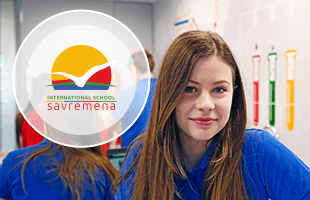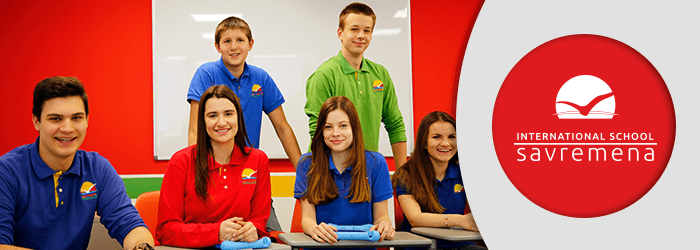
The word assertive comes from English and it cannot be translated to Serbian as one word, because assertive means: self-confident, confident, determined. The closest translation would be samopouzdanost and the willingness to stand up for oneself.
Assertiveness refers to the devotion to one’s rights in a way that respects others, their standpoint and their feelings. The basics of assertive communication are: my feelings, thoughts and beliefs are equally as important as your feelings, thoughts and beliefs.
When we behave assertively, we:
- clearly express our opinions, ideas or feelings;
- show respect for ourselves and our interlocutors;
- express our views without intending to impose our opinion and/or humiliate others;
- express a point of view that we are valuable human beings, as are our interlocutors;
- stand up for ourselves for the purposes of self-protection (should the need arise).
How to learn assertiveness?
Assertiveness is a skill one learns and develops through practice. By developing this communication skill, we become more pleased with ourselves and with the relationships we develop. There are numerous methods that enable us to learn how to behave in an assertive manner, one of which is assertiveness training usually conducted by professionals (usually psychologists and counselors) who are trained in this field.
Assertiveness training is designed to provide students, pertaining to different age groups, with a clear insight into what assertiveness is, when one should exhibit assertive behaviour and when this form of behaviour can be harmful. This training is divided into specific topical sections that help students get rid of the thoughts, feelings and behaviour that prevent them from acting in a self-confident manner.
Also, students adopt self-helping thoughts and behavioural models. The key thing is for the students to take responsibility for their behaviour. What does this mean? It means that a person should realise they are responsible for their thoughts, feelings and behaviour.
In education, we often encounter students who claim that their rights are violated, that someone irritated or provoked them to behave in a certain manner (“he made me hit him…”), that someone else is to blame for their low mark and so on. In the context of education, students should develop a sense of responsibility for their behaviour, thoughts and feelings. This then translates to relationships outside school.
What do we mean by ‘teaching students to take responsibility’?
To explain it in a more colourful tone: “OK, you do have certain rights as a student, but let’s see – what are your duties and obligations? Did you fulfill your duties - where is your equipment, did you do your homework, how do you communicate with others? Yes, it’s possible that you feel bad when communicating with others, that you get angry, but that’s your decision – nobody provoked you, you decided to feel that way.”
It is particularly important to highlight the process of developing students’ social intelligence and emotional literacy in order for them to accept responsibility for their behaviour and relationships.
The task of school psychologists and counselors is to familiarise students with the aforementioned facts and encourage them to develop assertive communication skills, all of which are primarily based on accepting responsibility.
Author: Kristina Turudić
Literature:
- http://www.pogleduogledalu.com/tekstovi/kazem-asertivnost-mislim-na/



















